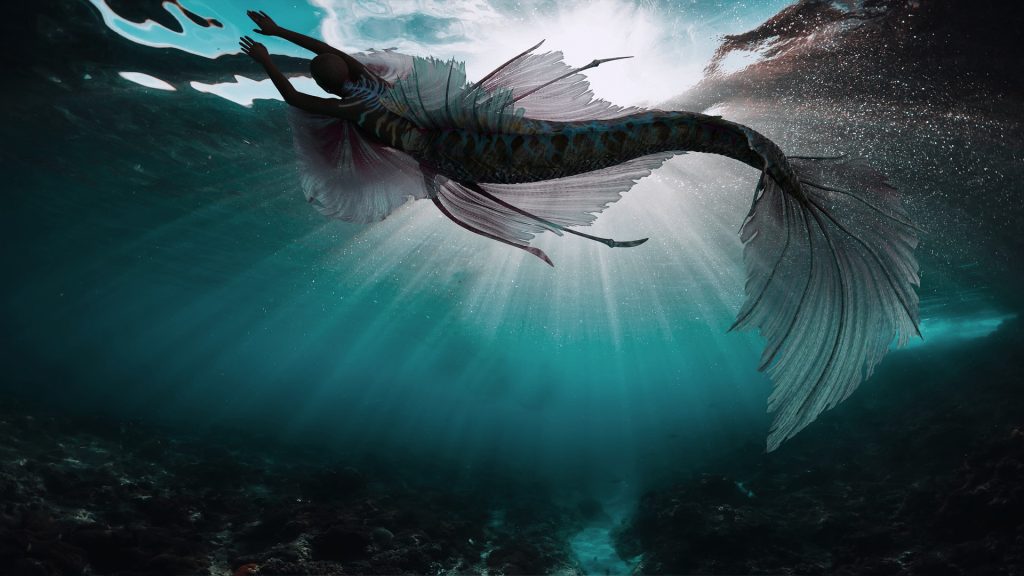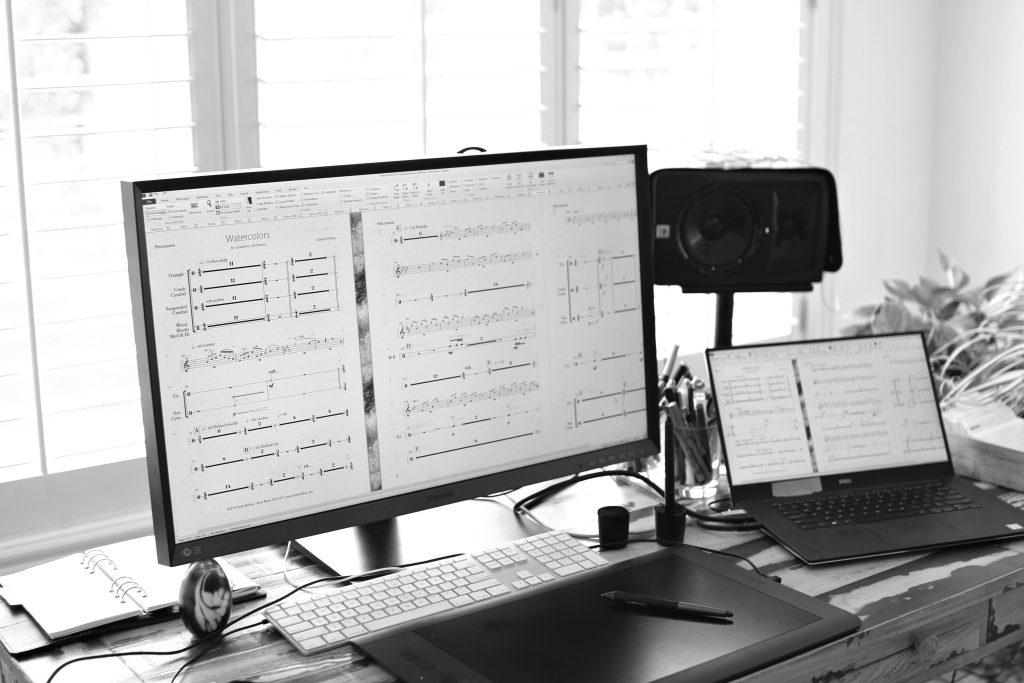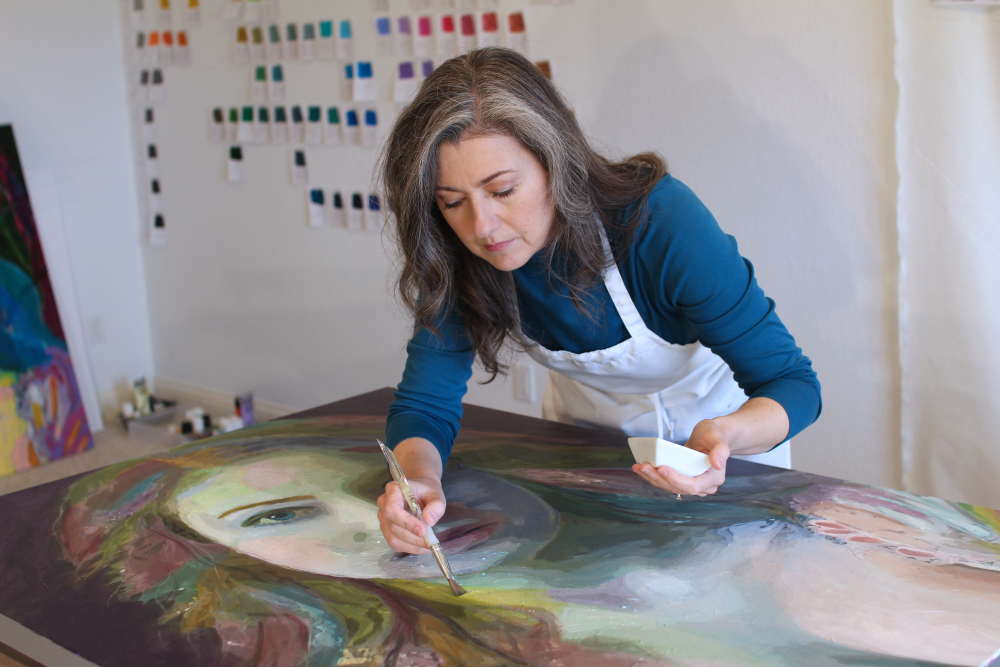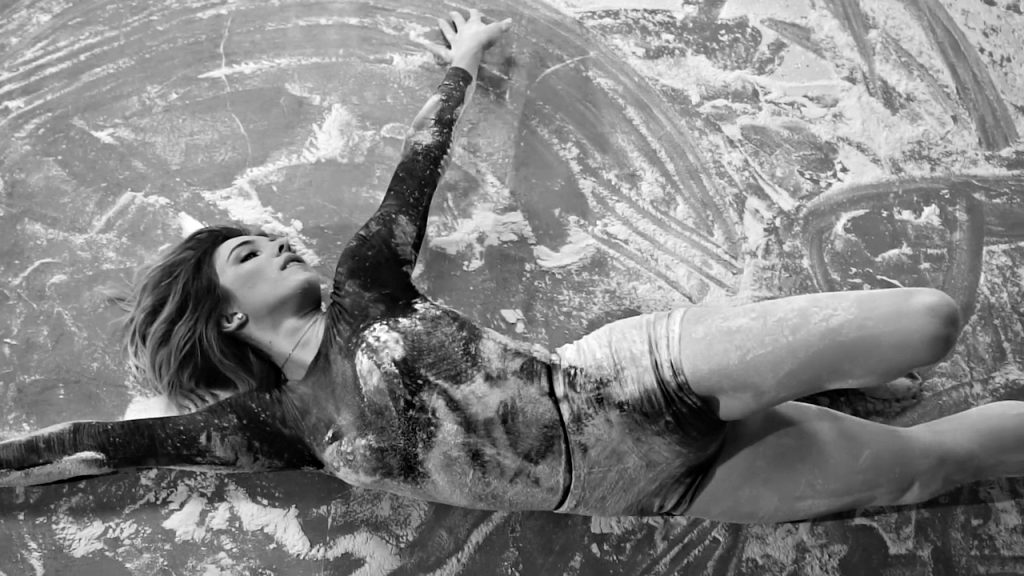
When you hear the words “migration” or “immigration,” what thoughts come to your mind? Is it of adventure, exploration, and discovery, or is it of danger, political conflict, and refuge? Have you ever wondered what it would be like to start over in a new country or to reinvent yourself, to embrace a new identity? If you have ever interacted with a foreigner or traced your ancestral lineage to another continent, you must have entertained some of these ideas. And, if you are an immigrant yourself, you are no doubt intimately familiar with the psychological complexities of these topics.
It has been twenty-four years since I received my American citizenship and pledged allegiance to the flag for the first time, but nearly thirty years since I left my birth country, Poland. I have now lived abroad longer than I ever resided in my homeland, and I find myself more fluent in English than in Polish. Over the years, I became intellectually assimilated into this new, foreign culture, but on the anniversary of my naturalization ceremony and during the return visits to my native Poland, I continue to struggle with a complex mixture of emotions.
My choice to immigrate to the United States was a deliberate one, filled with excitement about the new life that awaited me. Having grown up in a socialist country behind the Iron Curtain, I viewed America (I know there are two of them but in this context, there is only one) as a promised land of freedom and boundless opportunities. To this day, I hold the same sentiment toward my adopted country and recognize how fortunate I have been to live here, to experience the kindness of friends and strangers, to receive an education, and to develop my career.
Yet, all these gains have come at a significant personal cost. Despite outwardly assimilating, I still grapple with feelings of alienation, of being the outsider, of perpetually standing on the periphery, never feeling fully rooted or truly belonging. We often extol the virtues of globalism, the ease of travel and cultural exchange, but do we truly grasp the long-term consequences of our increasingly nomadic lifestyles? For me, immigration has been fertile soil for creative work but quicksand for emotional well-being.
Over the years, as I improved my English pronunciation, I have reached a point where I can go for weeks without a stranger inquiring about my origins. However, as soon as I miss a dose of my fish oil supplements or face stressful situations, my accent resurfaces, and I am bombarded with curious interrogations; “Where are you from? How long have you lived here? How often do you go back?”. And while I understand that most people mean well, there is something inherently alienating about being reminded that, “You ain’t from around here, are ye?”
I envy multi-generational families with their deep-anchored connections and ancestral stories, their strong ties to the land they inhabit. I know I will never have that kind of support or framework for my identity. I will forever float in some proximity to the idea of home, one I will continue to chisel, reexamine, redefine, and fence off with my own two hands.
You might assume that my visits to Poland provide some comfort, but you would be mistaken. After a thirty-year absence, I feel out of place there, too. I am disconnected, struggling to comprehend the new political and cultural landscape, despite my fluency in the language and my efforts to stay informed.
A few years ago, my mother mentioned she detected a hint of an American accent in my speech. Seeing the sour expression on my face, she kindly refrained from bringing it up again, but the incident reaffirmed that I have become a curiosity, an exception, an entertaining tidbit, a glitch. I have been gone too long and changed too much to imagine I could ever seamlessly fit in again.
Nevertheless, I remain positive and have come to accept that I am a hybrid, part American and part European. I am outgoing and modern, yet reserved and conservative. I appreciate luxury but am content with scarcity. I am excited for the future while idealizing the past. I have learned to embrace all these contradictions, building my own narrative from a patchwork of places I have lived, reconciling with my story.
Or so I thought, until last summer.
Last summer, I received expanded results from an ancestral DNA test that left me in a state of confusion. I had taken a DNA test several years earlier, which only traced my maternal lineage, and its results were unremarkable, identifying me as 100% Eastern European. But now, with a broader sample pool and an examination of my paternal lineage, these results provided a deeper view of my origins, causing my sense of identity to waver.
But first, a brief history lesson. I was raised with the belief that both my parents were ethnically Polish, firmly grounded in Slavic culture and lineage. Both families had been displaced from the former Eastern Polish territories (the so-called Eastern Borderlands) when Joseph Stalin, in collaboration with Adolf Hitler, at the outset of World War II, annexed them to the Soviet Union. Today, these regions belong to Lithuania, Ukraine, and Belarus, with a Polish minority still present.
My ancestors’ stories are not unique. Millions of native Poles share a similar history, with their parents and grandparents forced to migrate due to shifting borders. They fled for safety but also to help rebuild their devastated homeland, to speak their native Polish language freely, to receive a Polish education, and live among other native Poles. This narrative shaped my identity during my upbringing.
As an adult, I felt a sense of belonging to a broader Slavic family. It was evident that our languages had a common root, our cuisine freely borrowed and modified each other’s recipes, and our pre-Christian pagan traditions shared similar symbolisms. Our nostalgic lyrical folk songs in minor tonalities imprinted our collective psyche, causing the music I composed to reflect Slavic influences.
Imagine my surprise when the ancestral DNA test revealed that, considering both my mother’s and father’s lineages, I am only 27% Slavic, with the predominant component being 60% Baltic (representing modern Lithuanians and Latvians).
At first glance, this discovery could be rationalized. Given the establishment of the Polish-Lithuanian Commonwealth in the fourteenth century, which dominated Eastern Europe into the eighteenth century, it was expected that intermarriage and mixing of our nationalities would occur. I should be content with this explanation and put the matter to rest. However, I was not prepared to dismiss a deep sense of loss.
If the percentages were reversed, with 60% Slavic and 27% Baltic, they would align better with my long-established identity. Or if the Balts were merely another subgroup of the Slavs, I could stop dwelling on it. But the Balts are a distinct ethnic group with clearly non-Slavic languages, history, and folklore, ones, despite my father’s connection to the city of his birth, Vilnius, I never bothered to explore.
The notion that my ancestors were ethnically Polish and therefore Slavic may have been culturally accurate in recent generations, but biology has exposed significant cultural assimilation or perhaps even a displacement. In the best-case scenario, there was love, marriage, or a gradual merging of societies, but there might also have been violence and forced integration.
A friend asked me, “What now?” and I half-jokingly replied, “Therapy.” However, this revelation is genuinely profound to me, and I must come to terms with it while developing a new understanding of who I am. There is reading to do, soul-searching to undertake. How will this revelation affect the music I compose? What about my painting, my writing? Who are my people, and where do I truly belong? I feel as though my entire historical narrative has shifted, and I must now give voice to those DNA sequences in my body that have silently awaited discovery all this time.
I wonder how much we truly know about ourselves. Our childhood memories are often selective and incomplete, and the narratives handed down by our parents and grandparents are shaped by their own selective memories. Moreover, the timeless truism that history is often authored by the victors endures. How can we be certain that what history textbooks describe in confident detail actually took place? Since Poland regained its independence in 1989, the modern narrative of the twentieth century, including World War I, World War II, the Soviet occupation, and the fall of the Iron Curtain, has shifted multiple times. Historians from different factions still argue about their heroes and traitors. If the twentieth century remains a puzzle, what about earlier eras? How reliable are the historical accounts that shape the provenance of individuals and entire nations?
Who am I? Ethnically Baltic, culturally Polish, and by choice, American—I am a fusion of contrasting worlds, separated by centuries and continents. While I reflect on my past, I am intrigued by the discovery of who I am today and who I will become in the future. Despite the elusive notion of a singular external home, I feel the answers, just like the DNA sequences, await within.
©2022 Dosia McKay
Image by Sergei Tokmakov


